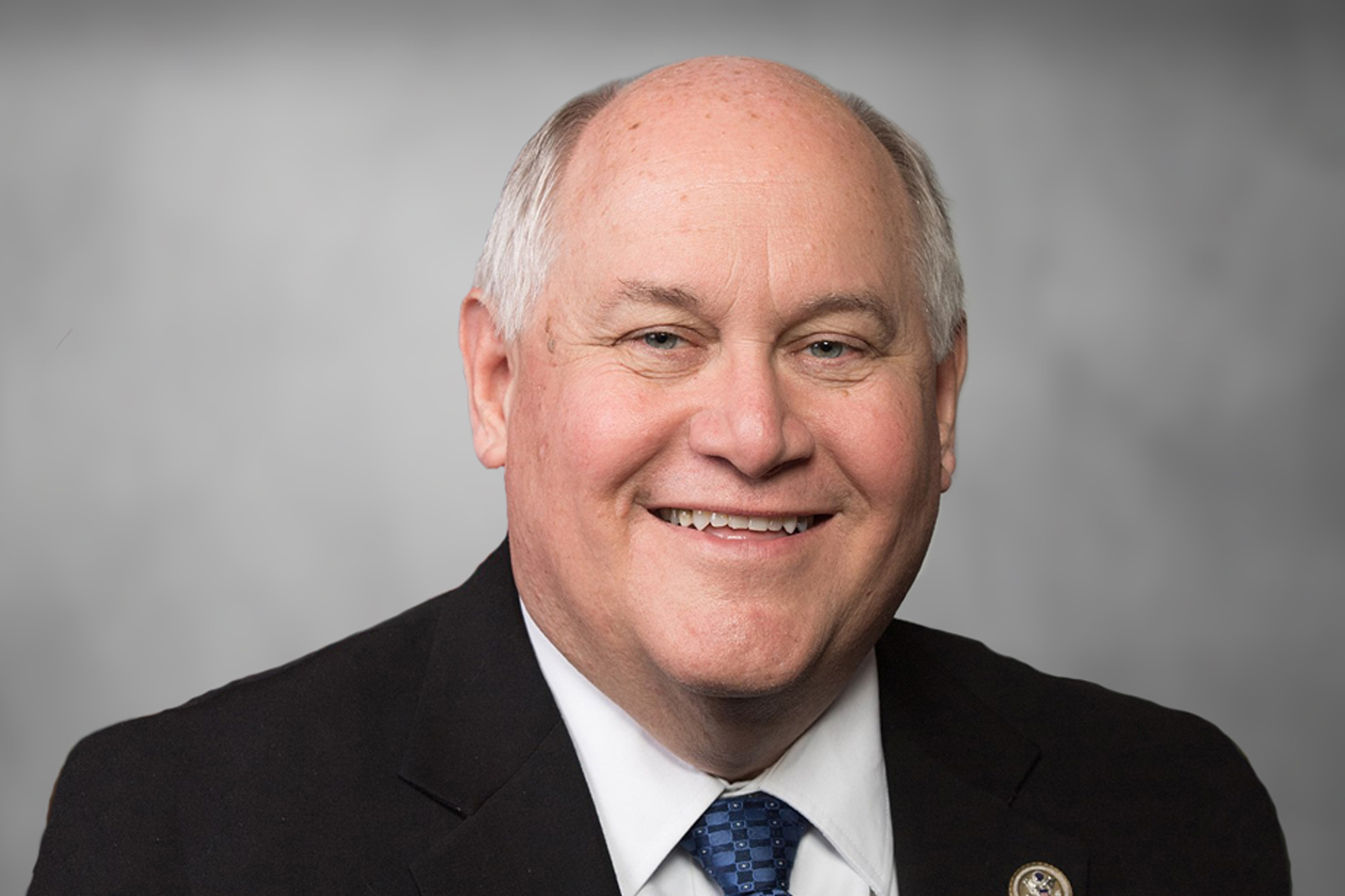
As a fifth-generation Kansan whose district includes Wichita, Rep. Ron Estes has championed general aviation security, efficiency and workforce development.

June 18, 2018
Q: With Wichita in your district, you have been a champion for general aviation. What legislation have you sponsored to help the industry?
As a member of the House Homeland Security Committee, I am interested in finding ways to make TSA services for general aviation more efficient. That’s why I sponsored H.R. 3669, the Securing General Aviation and Commercial Charter Air Carrier Service Act of 2017, which the House has passed. It strengthens and streamlines security for general aviation and charter operators by:
- Requiring the TSA to conduct a cost and feasibility study of establishing web-based access to the Secure Flight system for commercial charter operators.
- Authorizing the TSA to provide screening services to commercial charter operators in areas other than airline passenger terminals, if the carrier makes that request through the airport’s federal security director.
- Requiring the TSA to provide Congress with an implementation plan for general aviation recommendations approved by the Aviation Security Advisory Council.
- Authorizing the TSA to designate at least one employee to be responsible for issues and stakeholder engagement related to general aviation.
- Requiring the TSA to issue a report to Congress on the feasibility of requiring security threat assessments for all candidates seeking flight school training to operate any aircraft with a maximum certificated takeoff weight of more than 12,500 pounds in order to increase vetting of such candidates.
I also have introduced another GA security bill: H.R. 4559, the Global Aviation Security Reform Act of 2017. This legislation would require the TSA to conduct a global aviation security review to address improving aviation security standards worldwide and report back to Congress. This review would include establishing best practices regarding:
- Collaborating with foreign partners to improve global aviation security capabilities and standards.
- Identifying foreign partners that have not successfully implemented security proto-cols from the International Civil Aviation Organization or the Department of Homeland Security and have not taken steps to implement such security protocols.
- Improving the development, outreach and implementation process for security directives or emergency amendments issued to domestic and foreign air carriers.
- Assessing the cybersecurity and cyber espionage risk of security screening equipment.
Q: One of the critical issues facing business aviation is the shortage of qualified personnel. What can be done about that?
Through my work on the House Education and Workforce Committee I want to make sure that we promote, encourage and incentivize career-oriented education. For the past 50 years, people were told that that if they got a bachelor’s degree – in any field – they would be better off financially. We downplayed technical careers. High schools ended vocational and technical programs and promoted college prep courses. We should encourage people to get appropriate career training. Some may involve college degrees, but others may involve technical certification, like a maintenance technician’s airframe and powerplant certification. These are good paying jobs, and we don’t have enough people to fill them, so we need to incentivize these careers.
To that end, I supported H.R. 2353, the Strengthening Career and Technical Education for the 21st Century Act. This bill would give states more flexibility in how to use federal money for career and technical education programs. It also would give localities and schools like the Wichita Area Technical College the ability to better adapt to the needs of their students. In other words, it would increase access to educational opportunities that will help Kansans launch or shift their careers.
Q: With Wichita being the Air Capital of the World, boosting general aviation products is also one of your priorities, right?
Trade is very important for us in the 4th district. I am a big advocate of free and fair trade that will enable us to compete effectively and ship the products we make here – airplanes, farm equipment, agricultural products – all across the world.


 International Business Aviation Council Ltd.
International Business Aviation Council Ltd.